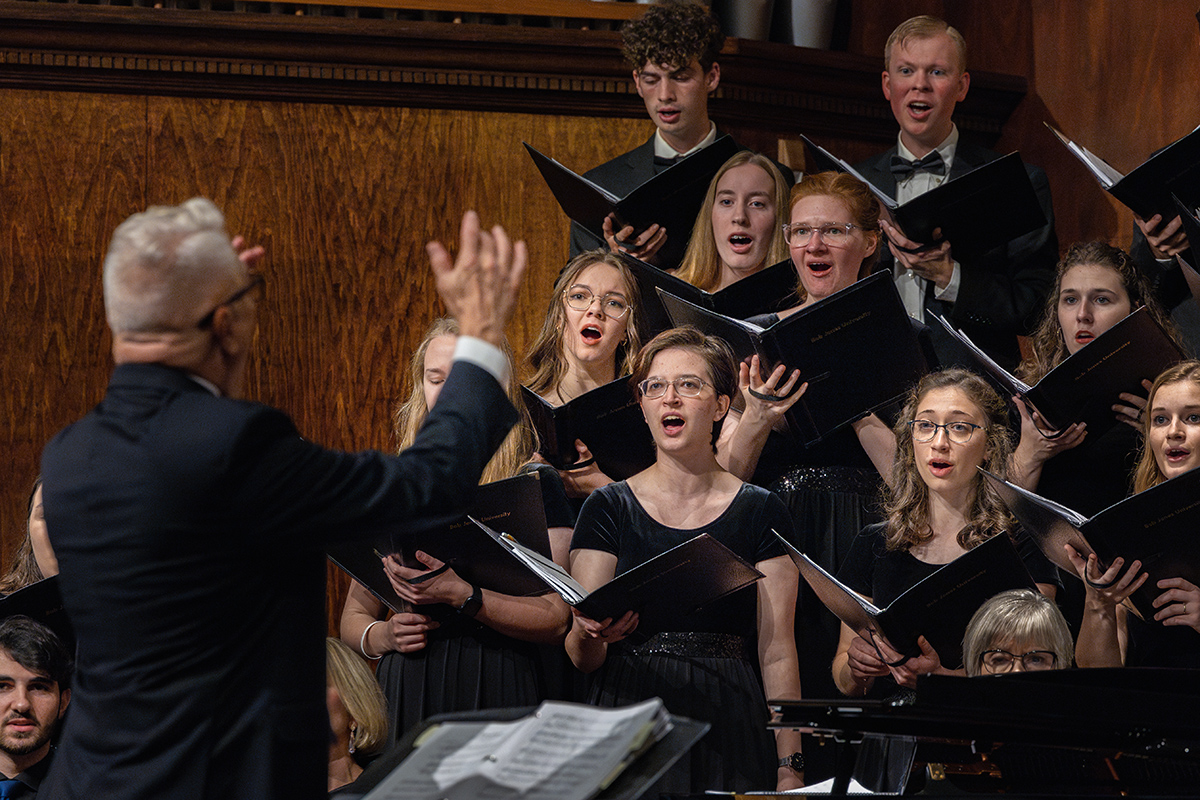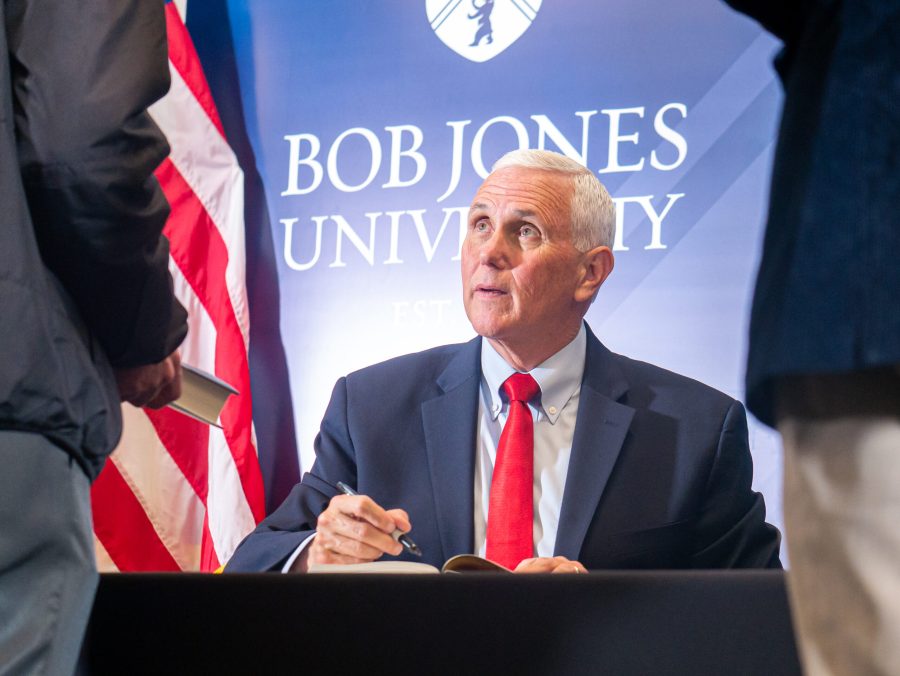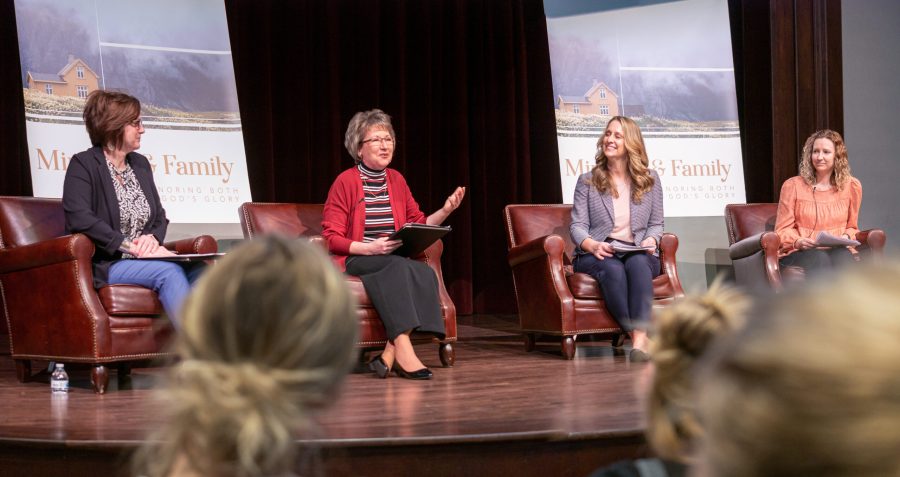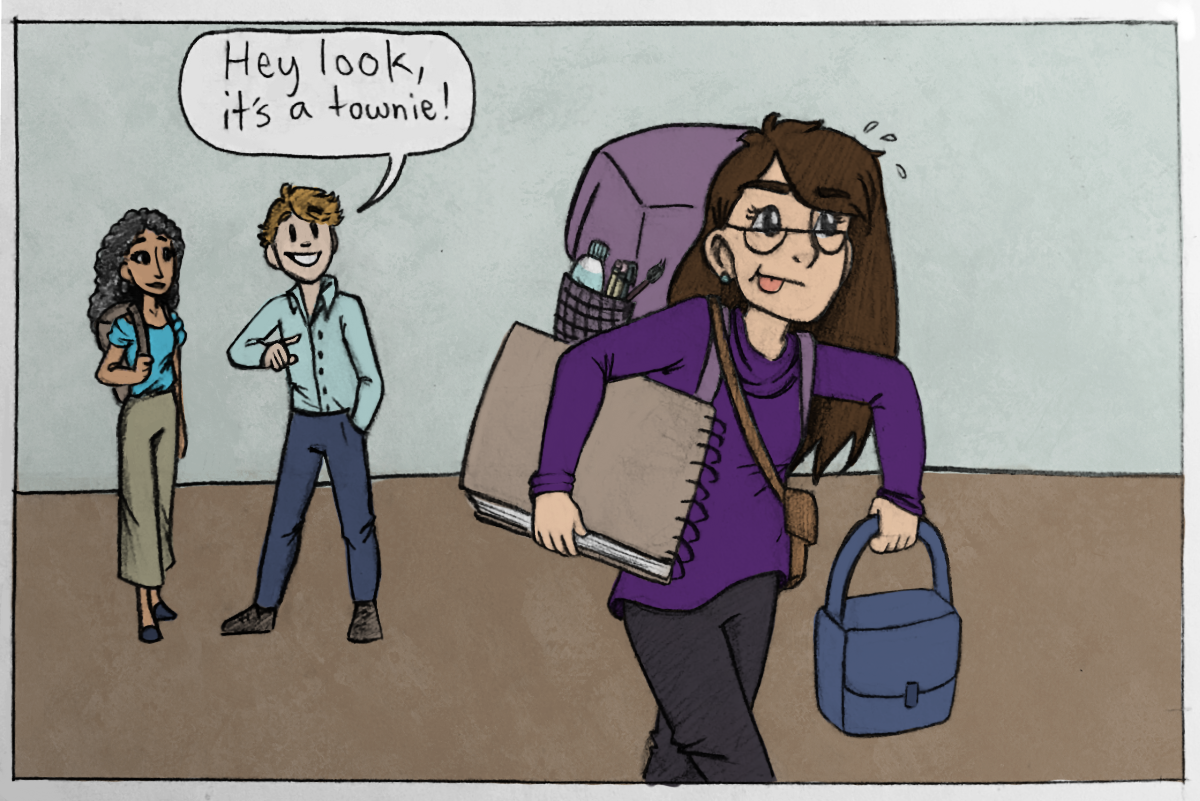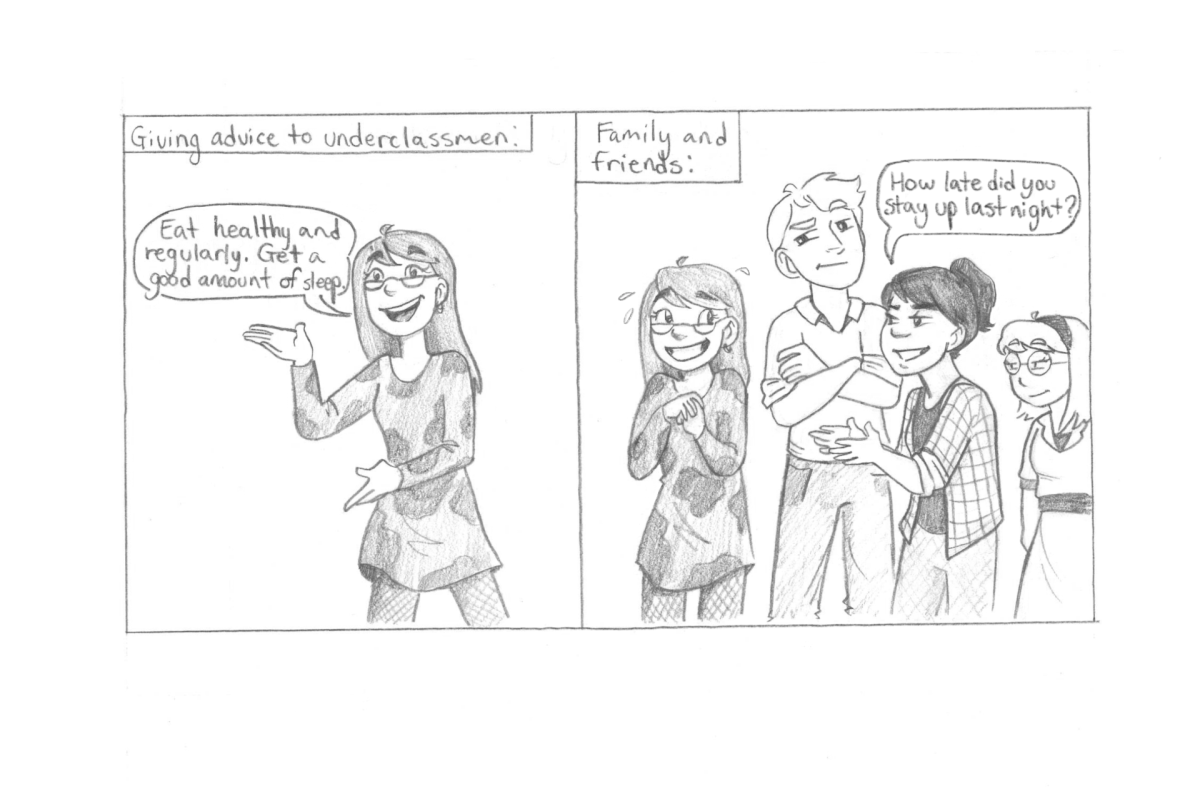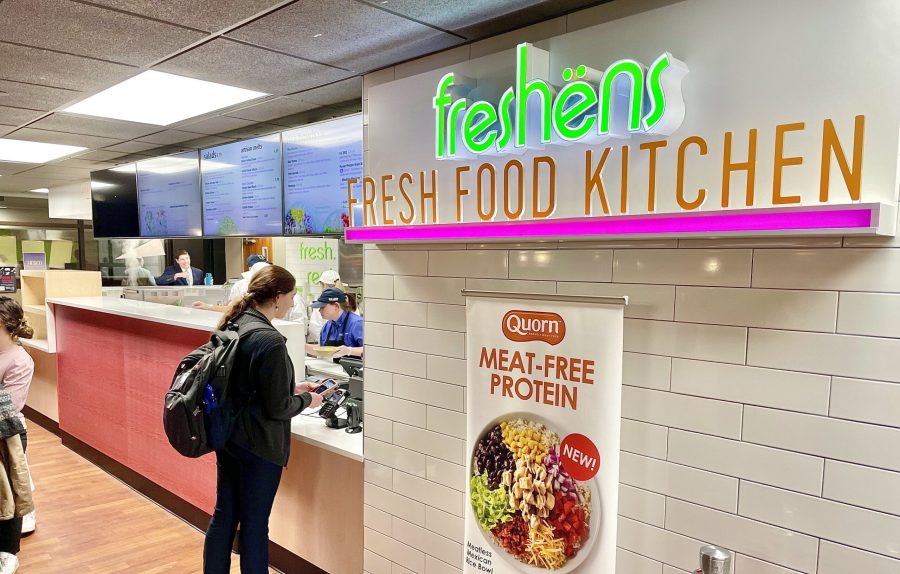It’s rare to walk through Wal-Mart or watch a video online without hearing profanity. People frequently use curse and swear words. Not just euphemisms, but words most would consider vulgar.
As Christians, we are commanded to control our tongue and glorify God in our speech.
“Let no corrupt communication proceed out of your mouth, but that which is good to the use of edifying, that it may minister grace unto the hearers,” Ephesians 4:29 (KJV).
With this thought in mind, Christians should be leading the fight against vulgarity in speech. Looking at profanity through a Christian perspective and reading various articles on the topic, I’ve come to the realization that besides the question of whether or not the use of profanity is right or wrong, there is also the question of why? What do we gain? What’s the point?
This language is not building up or encouraging anyone. It’s not drawing us closer to God or helping us in our spiritual walk. It’s not edifying to other believers around us. And this language is not helping us share the Gospel as the Great Commission commands us.
I think back to the book of Matthew. When asked about the greatest commandments, Jesus answers that it is to love the Lord with all our heart and mind and soul and to love our neighbors as ourselves.
If these are the guidelines for how we’re striving to live our life, then we need not use profanity in our speech.
New normals are constantly evolving in our society. Standards and actions we never thought would be accepted now don’t even get a second glance.
But the use of profanity should not be tolerated, and, as Christians, we shouldn’t idly stand by just because its use is becoming more and more accepted today.
In pop culture, especially in films, profanity is used more often than necessary.
In 2013 a movie took the top spot as having the most swear words in history with more than two swear words for every minute of dialogue!
The Second Edition of the 20-volume Oxford English Dictionary contains over 200,000 words among current, obsolete and derivative words included as subentries.
So why is the use of vulgar language such a growing problem in today’s society? Are there not words more intelligent or innovative to use?
Next time when hanging out with friends try this challenge. If they use a cuss word, ask them to explain themselves using different terminology, not only sparking conversation about the topic, but also questioning their reasoning.
An article published in 2013 in Time magazine by Katy Steinmetz said, “We use first-person plural pronouns — words like we, our and ourselves — at about the same rate [that we use profanity.]”
This is why it seems every other word spoken is a part of speech derived from one profane term or another.
Often when we can’t think of what to say we substitute a cuss word. It’s a lazy and unintelligible way to talk!
Just because we’re adults and all grown up doesn’t mean that we suddenly reach a magic age where profanity is acceptable to use.
Many people of our generation seem to be thinking this way, and it will have a negative effect on those who look up to us.
Like all other decisions we make, our choice of language has an impact on others. Younger siblings, children and teens at church, children we babysit — they’re all deeply affected by our choices in ways we probably don’t realize.
If we recorded ourselves for 24 hours and played every word back, would we still feel the same way about our words as we did in the moment we said them?
In a world where innocence is a lost virtue, and blushing is a lost art, people do not flinch at profanity; this should not be so.
Let’s take pride in our speech. Let’s control our tongues and be sure we’re building up others and honoring God. Let’s give the next generation a language to be proud of using.







